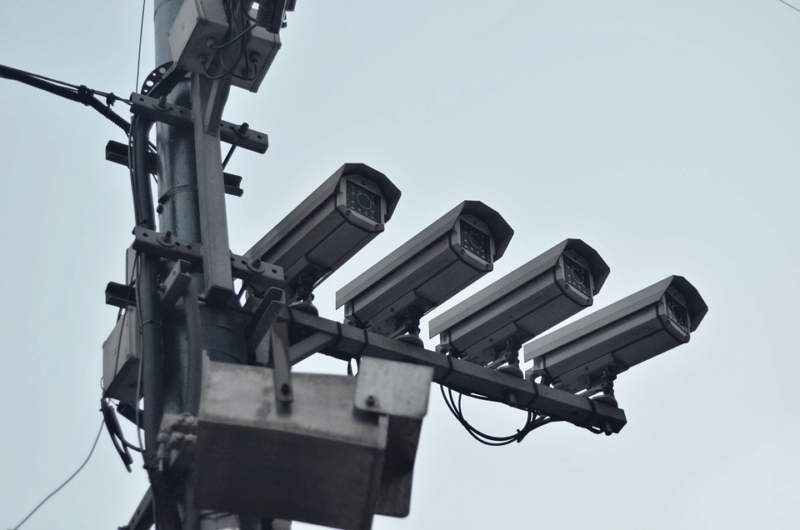TikTok, the Chinese-owned video-sharing app, is under increasing scrutiny over privacy and safety concerns. The app, which has gained massive popularity with young users, is accused of collecting vast amounts of personal data and sharing it with the Chinese government. These concerns have led to efforts to ban TikTok in the United States and other Western nations.
The app, with over one billion active users worldwide, has been targeted by numerous privacy lawsuits and government inquiries in recent years. As early as July 2020, Secretary of State Mike Pompeo announced that the Trump administration was considering banning TikTok in the U.S., citing national security concerns.
Close Ties to the CCP
The primary concern surrounding TikTok is that it is owned by ByteDance, a Chinese tech company with close ties to the Chinese Communist Party (CCP), as detailed in a recent Austraillain report. Experts fear that the Chinese government could use TikTok to gather data on American citizens and potentially use it for espionage or blackmail.
TikTok has repeatedly denied these claims, stating that it stores user data in the United States and Singapore, with backup servers in other locations around the world. The company has also made efforts to distance itself from its Chinese ownership, including hiring an American CEO and creating a transparency center in the U.S.

Despite these efforts, the U.S. government has continued to take action against TikTok. In August 2020, President Trump signed an executive order to ban the app in the U.S. unless it was sold to an American company. Several companies, including Microsoft and Oracle, expressed interest in purchasing TikTok, but negotiations ultimately fell through.
Courts Step In
Then in September 2020, a federal judge blocked the ban, stating that it likely exceeded the government’s authority under the International Emergency Economic Powers Act. However, the Biden administration has since taken up the issue, with the Department of Commerce launching a national security review of TikTok and other Chinese-owned apps.
Efforts to ban TikTok in the U.S. have been met with mixed reactions. Supporters of the ban argue that it’s necessary to protect national security and prevent the CCP from accessing American citizens’ data. However, defenders argue that the ban is a violation of free speech and that there is no concrete evidence to support the claims of Chinese espionage.
Why Store All That Data?
Privacy experts have expressed grave concerns about TikTok’s data collection practices, which include tracking users’ location, browsing history, and device information and storing all of that personalized information. In December 2020, TikTok agreed to pay $92 million to settle a class-action lawsuit that accused the company of collecting and sharing users’ personal data without their consent.
Despite these concerns, TikTok remains incredibly popular with young users, with many turning to the app as a source of entertainment and socialization during the COVID-19 pandemic. Most of the more controversial content that appears on TikTok is banned by the CCP within China.
As the debate over TikTok’s future in the U.S. continues, it remains to be seen whether the app will be banned or if it will continue to operate under increased scrutiny and regulation.











